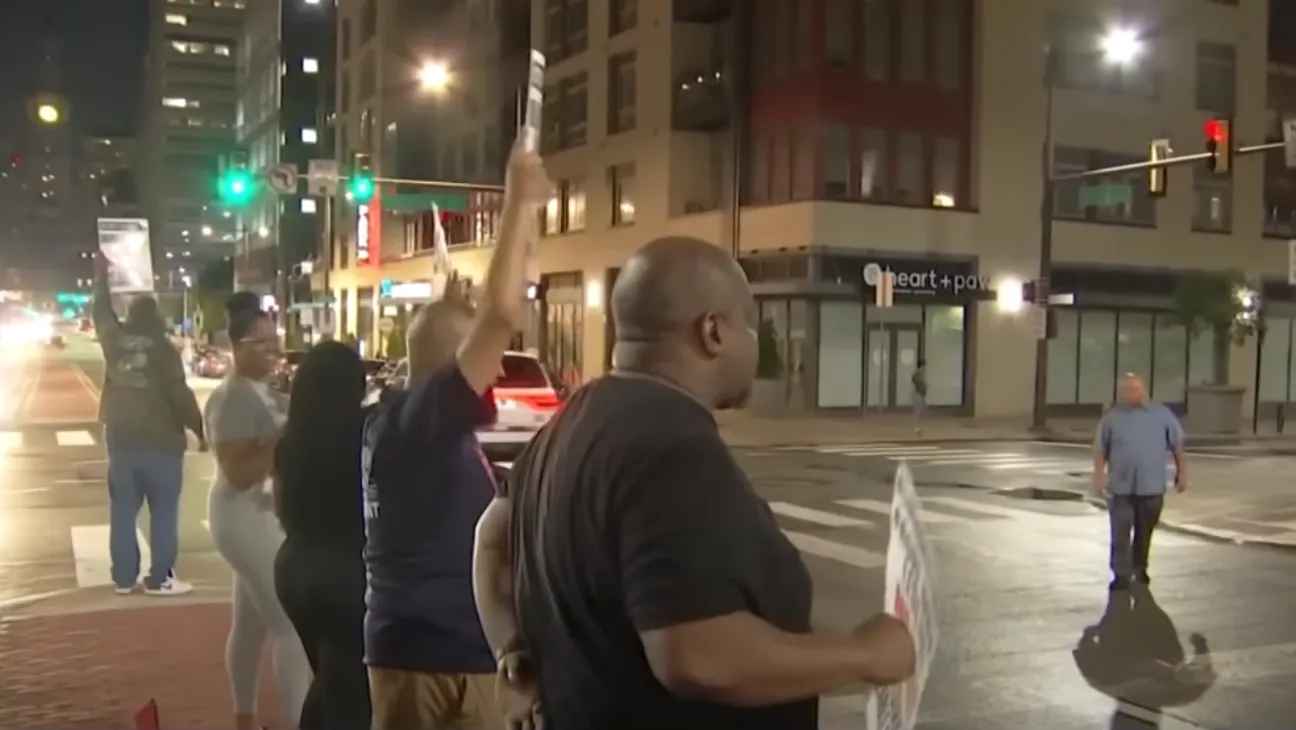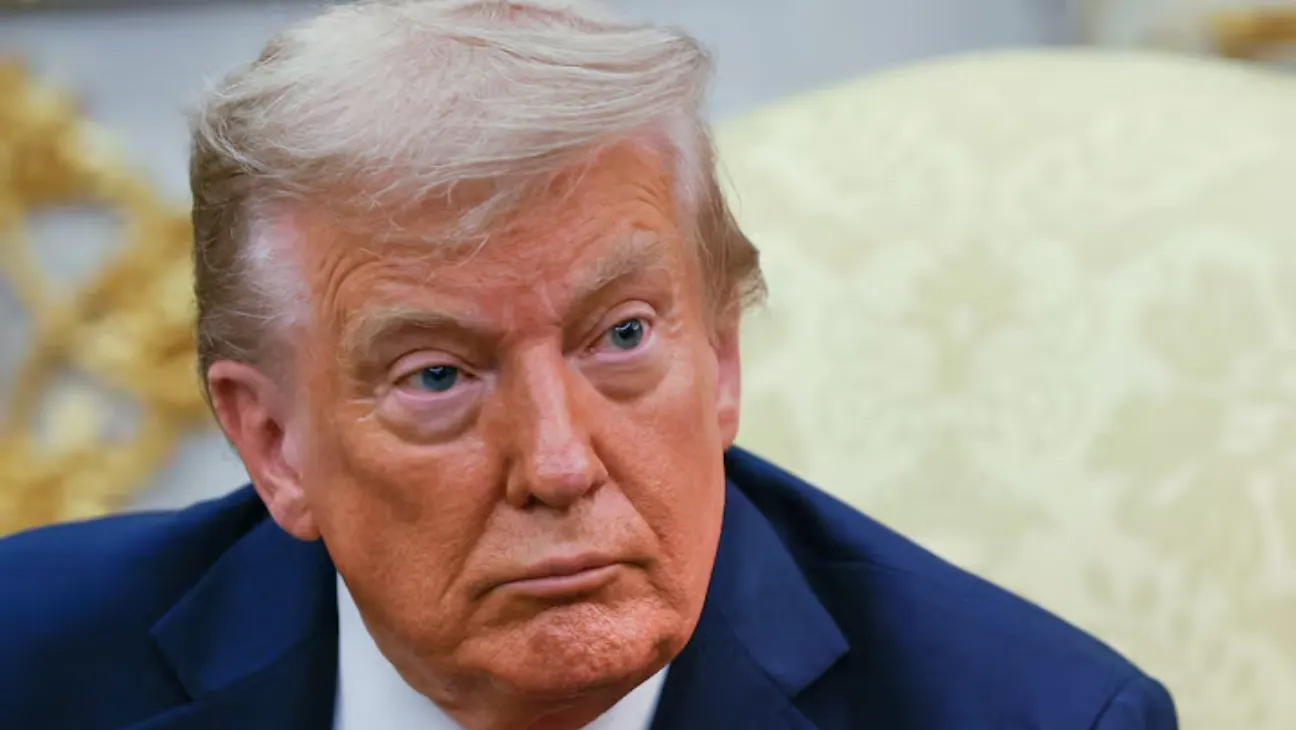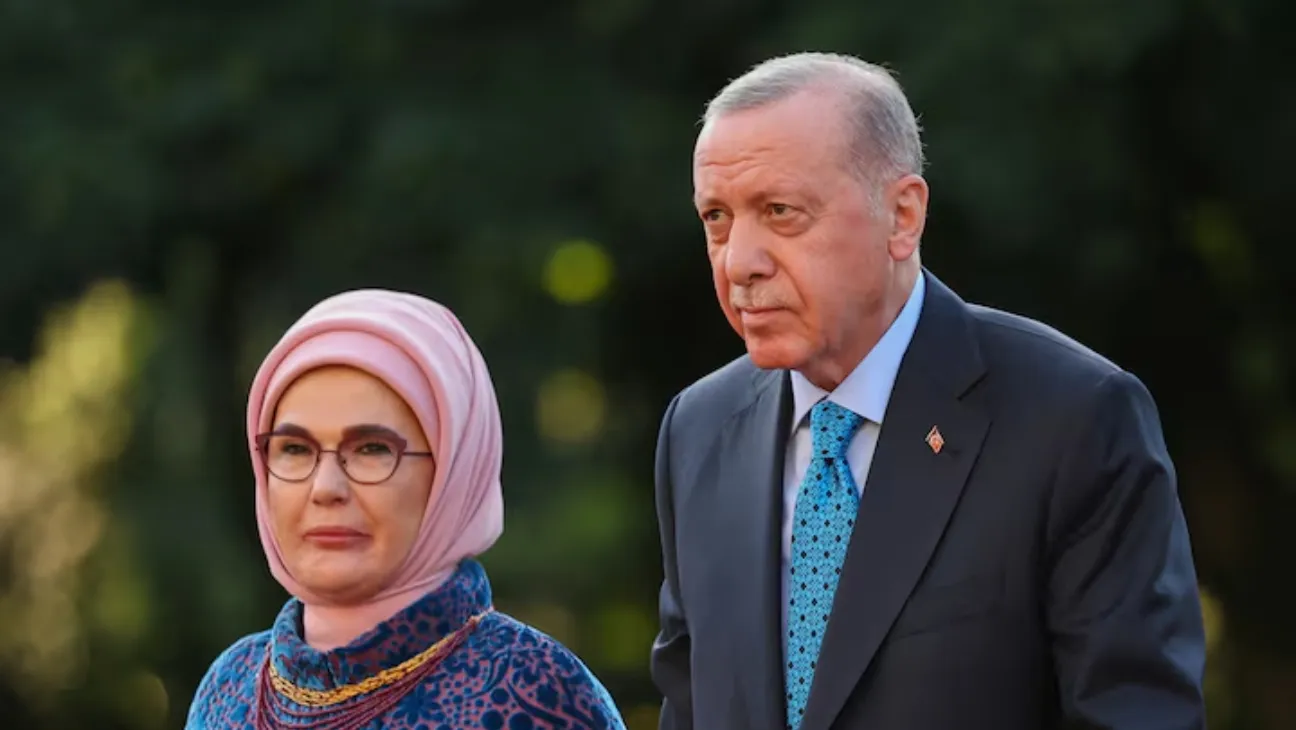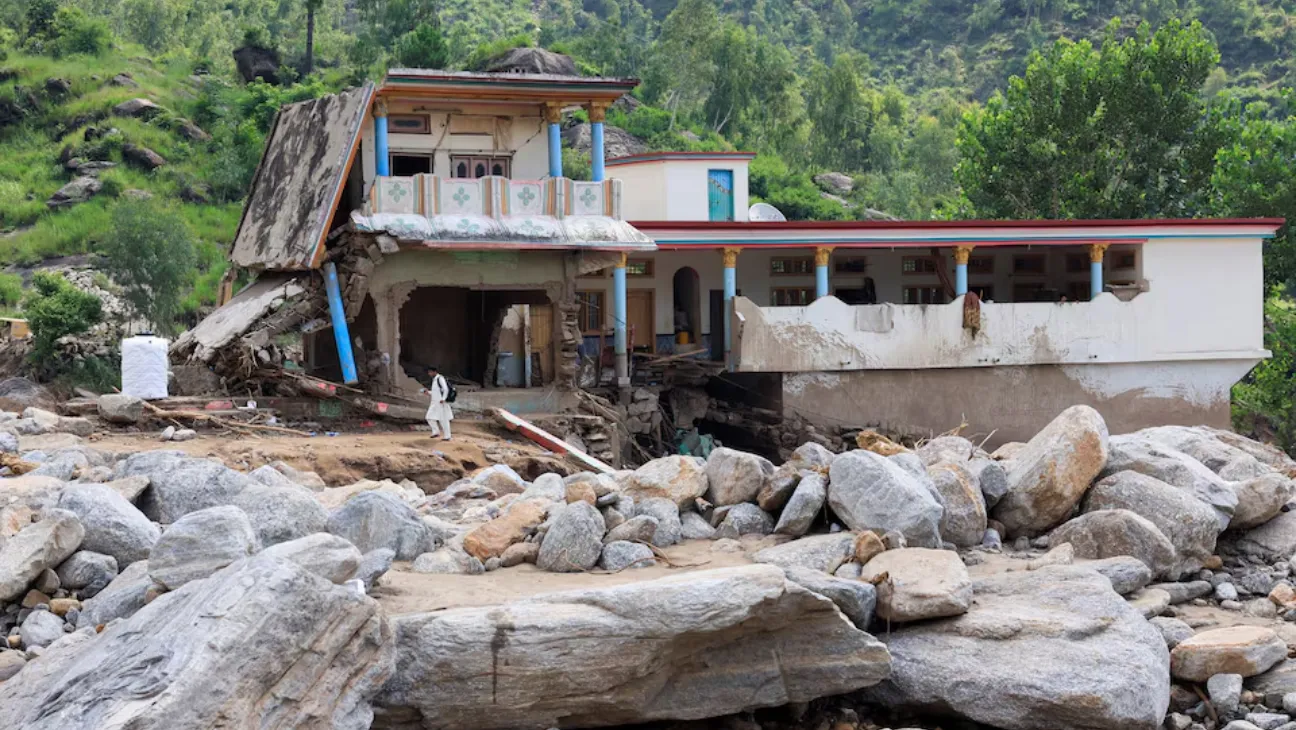Philadelphia’s largest municipal union went on strike early Monday morning, marking its first work stoppage in nearly four decades.
The walkout began just after midnight, with roughly 9,000 members of District Council 33 halting services across the city. The union includes sanitation workers, 911 operators, school crossing guards, and staff from the city’s water department, parks, airport, and other departments.
Contract Negotiations Break Down
Union leaders say the strike comes after contract negotiations failed to produce a deal that meets their demands.
Workers are calling for higher wages, improved job security, and stronger health benefits.
“I’m tired of our men and women being the working poor in the city of Philadelphia,” one union representative said. “They deserve more than that.”
Mayor Cherelle Parker responded, saying her administration offered “historically generous raises,” including more than 12 percent over one term.
“No mayor has ever proposed wage increases over one term as large as I am proposing to the workers of District Council 33,” Parker said.
Citywide Impact and Escalating Tensions
With services like trash pickup, street cleaning, and park upkeep on hold, some residents fear a return to 1986—when garbage piled up across the city.
This time, officials have opened temporary trash drop-off centers for residents.
City officials say emergency services, including 911 dispatch, will continue to operate.
Still, tensions on the ground appear to be growing.
In one incident, union members were seen padlocking a sanitation facility gate to block management from opening the site.
“We’re not moving. Tell that to the mayor,” one worker said on video.
Looking Ahead
The city and the union remain at a standoff.
Public workers say they want more than verbal appreciation. They want a deal that reflects the cost of living in Philadelphia.
“It’s not just about trash,” one worker explained. “It’s about respect.”
It’s still unclear whether the strike will end soon or drag on.
Mounting trash and soaring temperatures have turned up the pressure—pushing both sides toward renewed talks.









